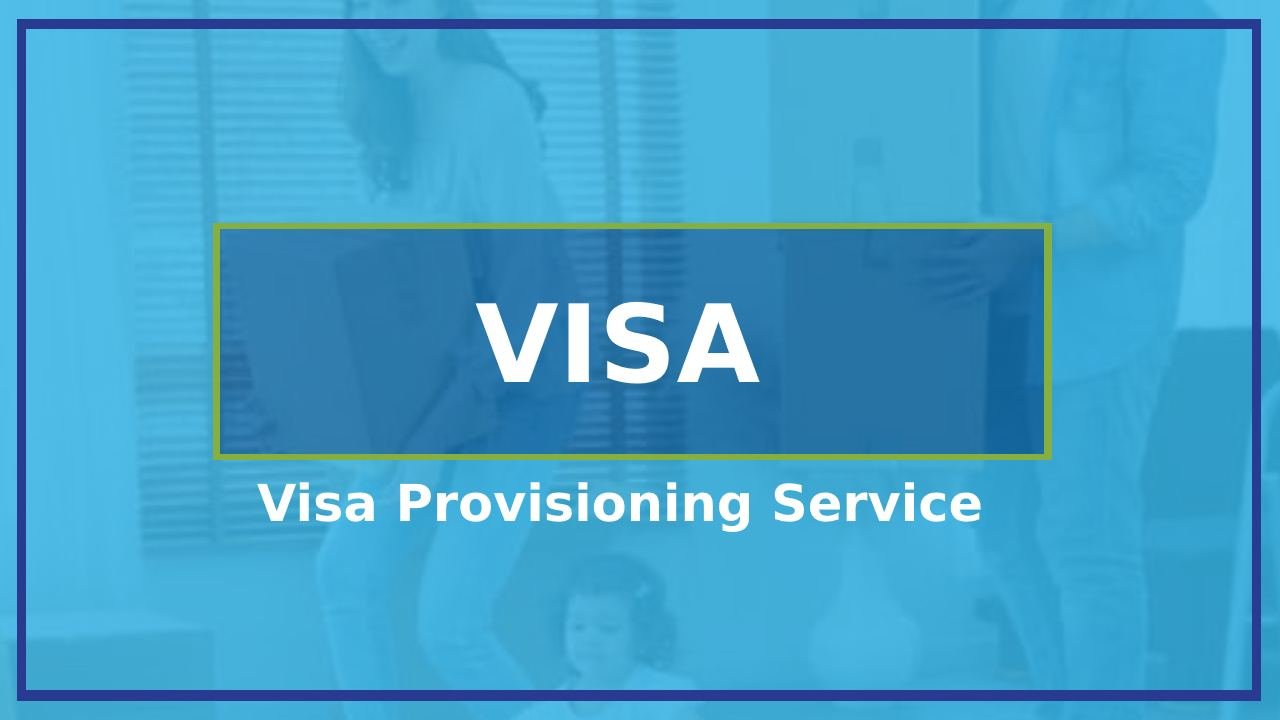Visa provisioning service is crucial for modern payments. It boosts security and simplifies transactions for consumers and businesses. This service manages virtual Visa cards. Users can make secure payments without revealing their actual card details. This article explores the Visa provisioning service. It covers its definition, benefits, and its effects on consumers and merchants.
What is Visa Provisioning Service?
Visa provisioning service refers to the process by which Visa enables the creation and management of virtual cards for users. These virtual cards enhance online security. They shield users’ real card details from fraud. It creates unique numbers linked to the user’s account, without exposing sensitive info.
The Importance of Security in Payment Processing
In today’s digital age, security is paramount in payment processing. With increasing incidents of fraud and data breaches, services like Visa provisioning are crucial. They reduce risks by ensuring sensitive info isn’t exposed in transactions. By using virtual cards, users can limit their exposure to fraud while enjoying the convenience of online shopping.
How Visa Provisioning Works
The Visa provisioning process typically involves several steps:
- User Request: A user requests a virtual card through a financial institution or a payment service provider.
- Card Generation: The Visa network generates a unique virtual card number linked to the user’s account.
- Transaction Authorization: The virtual card number allows a sale. It hides the actual card details.
- Transaction Completion: Once authorized, the transaction is completed, and the user receives confirmation.
It lets users shop securely while keeping control of their financial info.
Benefits of Visa Provisioning Service

The Visa provisioning service offers numerous benefits:
- Enhanced Security: By using virtual cards, users reduce their risk of credit card fraud.
- Convenience: Virtual cards can be generated quickly for immediate use in online transactions.
- Control: Users can limit spending by creating temporary cards. For specific purchases or subscriptions.
- Privacy: Virtual cards prevent merchants from accessing sensitive card information.
Visa Provisioning Charge Explained
A common term associated with this service is the “Visa provisioning charge.This verification fee is zero dollars. It confirms cardholder information without affecting the account balance. It also ensures the details are accurate and protects against fraud.
The Role of Tokenization in Visa Provisioning
Tokenization is a key feature of the Visa provisioning service. It swaps sensitive card info for unique tokens. These tokens allow transactions without showing card details. This technology greatly boosts security. Even if someone intercepts a token, they can’t use it improperly.
Visa Provisioning Intelligence (VPI)
Recently, Visa launched theVisa Provisioning Intelligence (VPI)service to combat token fraud. This advanced system uses machine learning to assess token request risks. It helps issuers decide whether to authorize transactions. By analyzing patterns in past requests, VPI assigns risk scores. These scores help identify potential fraud before it occurs.
Implications for Merchants
Merchants can boost sales and trust by adding Visa provisioning services. Offering secure payments via virtual cards attracts customers who value online security. Additionally, VPI helps reduce false declines due to improved fraud detection capabilities.
Consumer Awareness and Education
It is essential for consumers to understand how visa provisioning services work and their benefits. Awareness campaigns can educate users on using virtual cards. They should recognize legitimate charges, like the visa provisioning charge, on their statements. This knowledge helps consumers make informed decisions about their financial security.
Challenges in Implementation
While visa provisioning services offer numerous advantages, there are challenges in implementation:
- Consumer Hesitance: Some users may be reluctant to adopt new technologies due to fear or lack of understanding.
- Integration Costs: Merchants may face initial costs associated with integrating new payment systems.
- Fraud Adaptation: As technology evolves, so do fraudsters. We must innovate to stay ahead.
Future Trends in Payment Processing

Payment processing will likely rely more on AI and machine learning. These technologies will enhance fraud detection and streamline transactions, improving user experiences.
Regulatory Considerations
As with any financial service, regulatory compliance is critical for visa provisioning services. Companies must follow data protection and consumer rights laws when using these technologies. Ensuring compliance not only protects consumers but also builds trust in financial institutions.
Conclusion
In conclusion, visa provisioning service represent a significant advancement in secure payment processing. These services use tokenization and machine learning to boost security and ease transactions. For consumers, they offer protection. For merchants, they ensure smooth sales. As online shopping grows, understanding these services becomes vital. Both consumers and businesses need them to navigate online payments safely.




